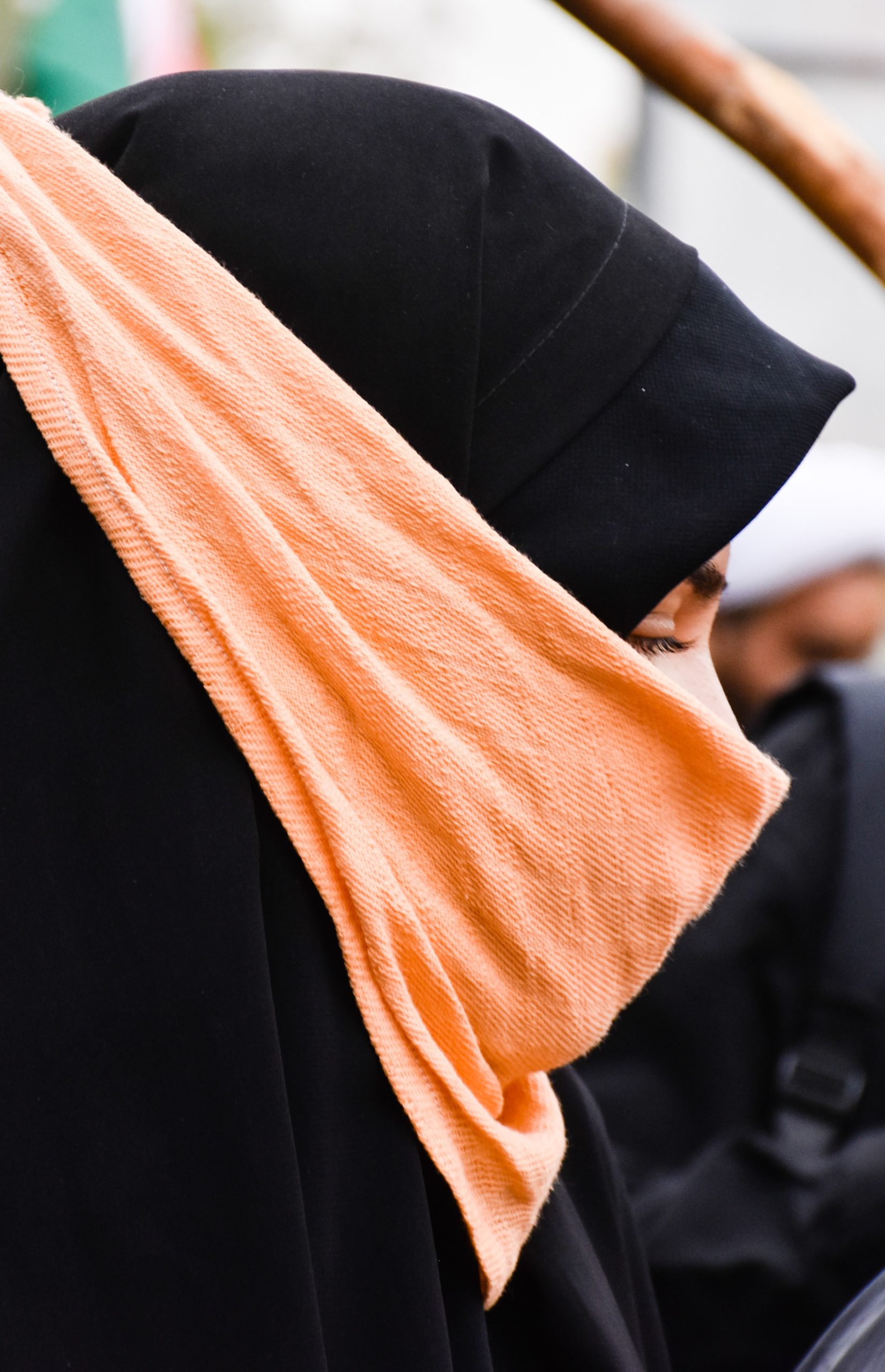In a period characterized by declining respect for fundamental freedoms, eroding safeguards for democratic governance, and rising enthusiasm for nationalist politics, we’ve seen the most severe government abuse at society’s margins: the targeting of national minorities or vulnerable groups in both authoritarian and democratic nations. From this troubling context, the COVID-19 pandemic further accelerated the prevalence of these trends, creating new threats to governments’ power and fresh pretexts for its abuse. To deflect criticism of their own failings and continue to consolidate power, governments are stoking communalism. In other words, governments around the world are fomenting adherence to the idea of a “shared” national identity by scapegoating minority groups for the pandemic’s spread.
SCAPEGOATING MUSLIM MINORITIES
In India, Muslims have been facing an uptick in violence and discrimination since the proposal of the controversial Citizenship Amendment Act, and the COVID-19 pandemic has exacerbated the situation. It began in March when a Tablighi Jammat congregation (an Islamic missionary organization) convened in Delhi. The convening was later linked to more than 100 positive cases of COVID-19, and the government seized on the moment to create a separate column of Tablighi Jamaat-related cases in their daily briefings. As “Coronajihad” trended on Twitter, the ruling Bharatiya Janata Party (BJP) and the media perpetuated Islamaphobic narratives, leaning into the government’s existing tendency to silence opposition and build Hindu nationalism in opposition to Islam. Fake news has since spread like wildfire, including a video that allegedly showed Muslim men intentionally sneezing to spread the virus, which has been shown to have no connection to COVID-19. Now, instances of attacks and persecution against Muslims are on the rise country-wide. One hospital in Gujarat state (where inter-communal violence in 2002 took over 1,000 mostly Muslim lives) has gone so far as to segregate their Muslim and Hindu patients, which the medical superintendent described as the government’s decision.
Governments have the responsibility to provide information about COVID-19 with accuracy, transparency, and timeliness, without deflecting blame or using the virus as a basis to target minority groups.
In Cambodia, the Hun Sen regime’s one-party National Assembly recently passed a sweeping emergency law with broad surveillance provisions and restrictions on civic freedoms. The administration is simultaneously stoking communalism. In March, the Health Ministry posted an update on positive cases, making specific note of minority groups that contracted the virus. This included 11 “Khmer Islam” returning from Malaysia, referring to a pilgrimage outside of Kuala Lumpur wherein the virus reportedly spread. While subsequent posts dropped this religious reference and the Interior Minister has since warned that “We don’t need to discriminate against Cambodian Muslims,” this reporting led to a backlash against Muslim communities in Cambodia, including refusal to do business with them.
In Israel, citizens of Arab descent are being linked with the spread of COVID-19. Prime Minister Benjamin Netanyahu noted that, “Unfortunately, instructions are not strictly adhered to in the Arab sector… I ask for the cooperation of all Arab citizens of Israel…[otherwise] a lot of people will die…” This messaging takes place in a political climate of democratic declines and rising communalism. In 2018, an Israeli parliamentary bill granted collective national-identity rights to Jewish citizens without any mention of minority rights or equality, a bill that is now to being reviewed by the High Court. The government has been testing Arab-Israeli citizens at a lower rate, and no drive-through testing stations have been set up in Arab-Israeli communities in Israel to date. Furthermore, the Health Ministry has made a minimal effort to translate public health advisories or information into Arabic, indicating that Arab-Israelis have second-class access to public health resources.
IMPLICATIONS OF FUELING COMMUNALISM
This type of scapegoating — which a number of other minority populations around the world are also facing – has three significant implications. First, violence and discrimination against minority communities could continue to escalate, putting their lives and livelihoods at risk. Second, minority groups are already at a disadvantage in the fight against COVID-19 as a result of structural factors such as diminished political or economic power; their increased marginalization will put both their communities’ and the broader population’s health at higher risk. Lastly, beyond these immediate effects, the scapegoating and exclusion of these populations erodes liberal democratic norms of equality and reciprocity that undergird fundamental freedoms for all members of society. Instead, this creates a hierarchy of citizens that makes it possible for governments to consolidate their power and deflect blame when their authority is questioned.
The best bulwark against both this public health crisis and democratic retrenchment are policies rooted in unity and equality. Governments have the responsibility to provide information about COVID-19 with accuracy, transparency, and timeliness, without deflecting blame or using the virus as a basis to target minority groups. Governments must additionally ensure equal access to emergency services for their residents, including training healthcare workers to combat discrimination and ensure the confidentiality of patients. When minorities are targeted, governments must act to ensure accountability, end impunity, and prevent further attacks. Finally, communities and activists around the world must push back against this trend at this vital juncture. Rights are realized through the iterative process of creating and sustaining a common political world; now is the time to engage in this collective project of demanding governance grounded in equality. Without such robust effort, the impact that the politics of scapegoating may have on the future of governance and political participation may outlast that of the virus itself.
Colleen Scribner is a Program Officer at the Lifeline Fund for Embattled CSOs at Freedom House and the 2020 Human Rights Fellow at Young Professionals in Foreign Policy. She holds an MA in Global Governance, Politics, and Security from American University’s School of International Service.





















